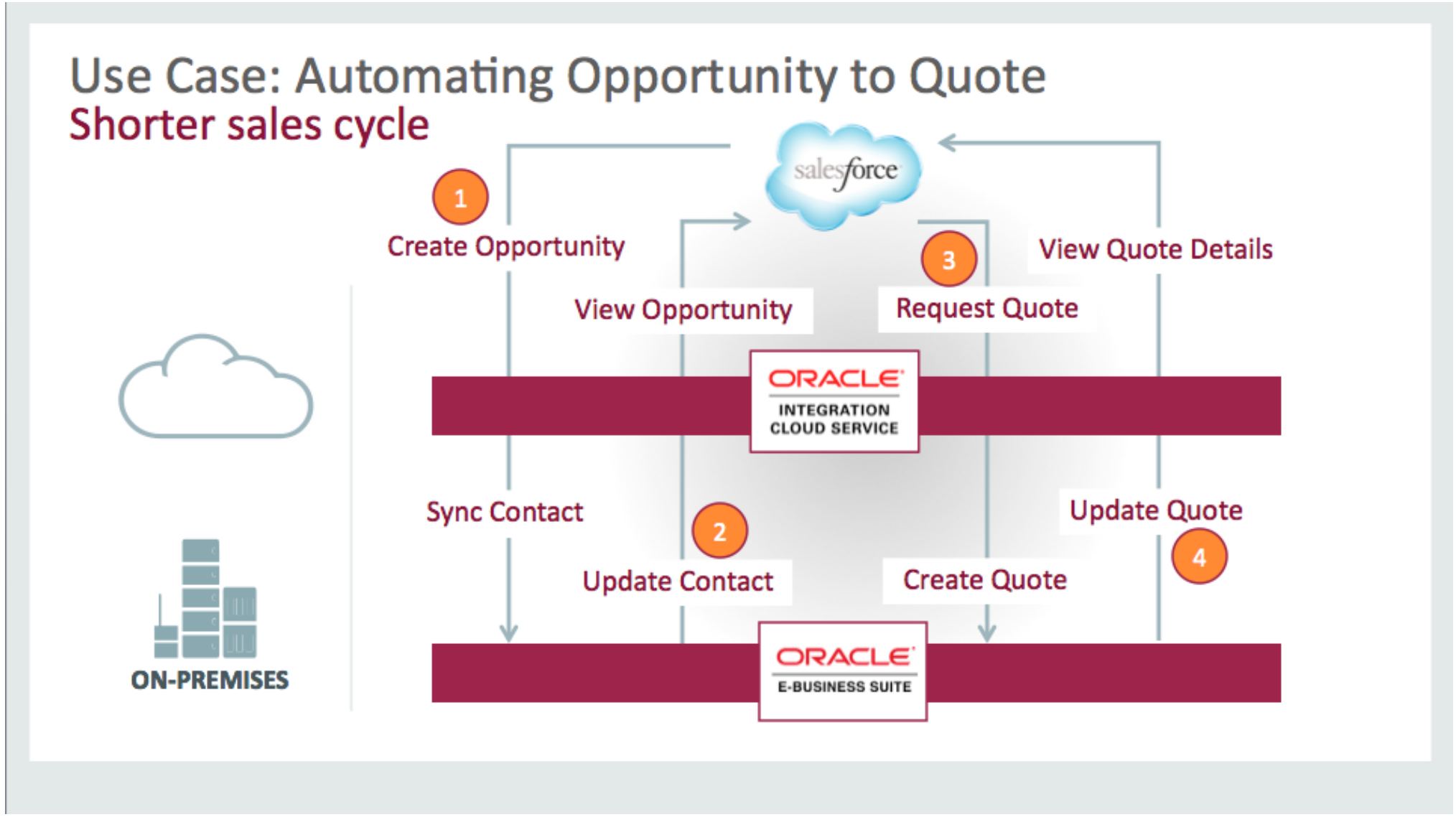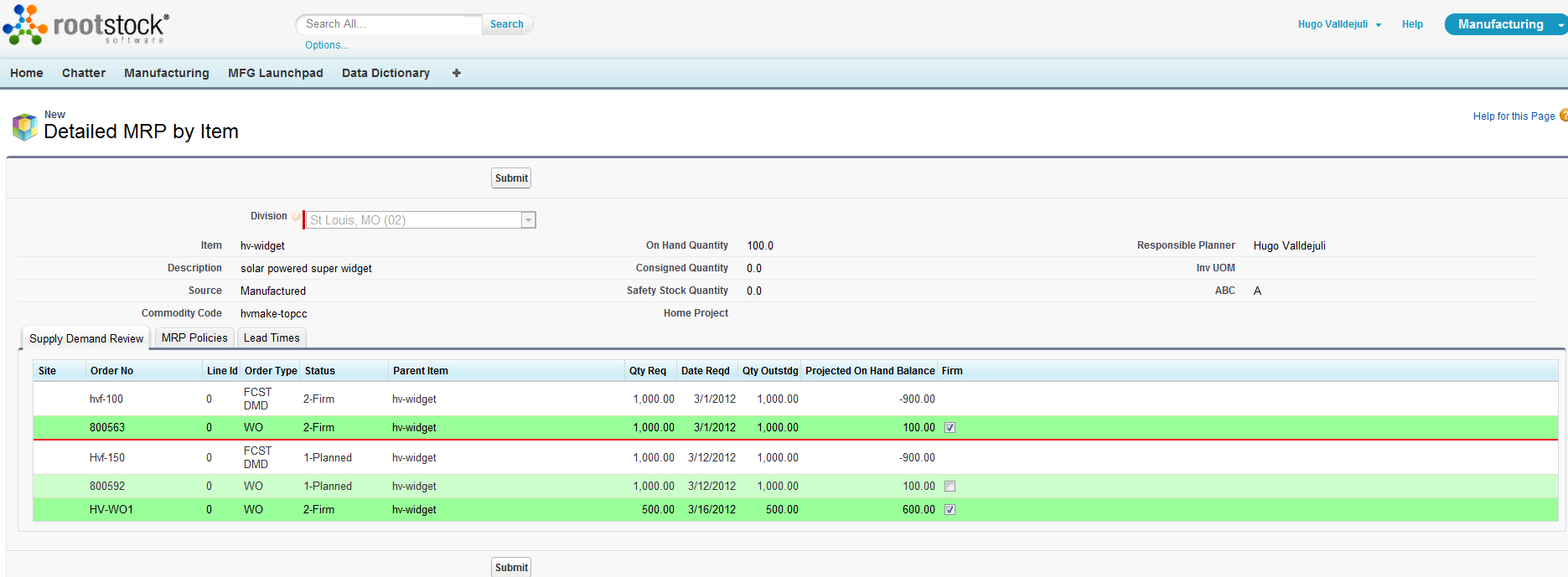Salesforce ERP Integrations: Forget Your ERP’s Old CRM
If you look up “Salesforce” in the dictionary, its synonym might as well be “CRM.”
A key industry player for over a decade, Salesforce now controls well over half the market for customer relationship management (CRM) software.
What differentiates Salesforce from its competitors? It was one of the first enterprise software vendors to provide a stand-alone CRM suite, unshackled by a bulky enterprise resource planning (ERP) suite.
Though CRM has been a core staple of many ERP suites, the CRM components in these systems may be unwieldy, lack critical industry specific features or are otherwise dated and in dire need of a facelift.
At the same time, many sales professionals know Salesforce, given how ubiquitous the platform is.
So, implementing Salesforce and integrating it with an organization’s existing ERP system often makes sense for organizations who want the best of both worlds.
We put together this guide to help you understand what integration options are out there, so you can integrate Salesforce with your existing ERP system. Here’s what we’ll cover:
(Click on a link below to jump to that section.)
ERP Built on the Salesforce Platform
Are Custom Integrations Right For Me?
Should I Stick With Our ERP’s CRM system?
Native ERP Integrations
Salesforce has native integrations with the two largest ERP vendors, Oracle and SAP. Set-up can be a tricky process; however, both ERP vendors offer a variety of integrative and value-added services to make it smoother.
For example, Oracle offers a marketplace for “cloud adapters.” These are essentially pre-built integration kits that allow users without deep technical backgrounds to easily sync Salesforce with their Oracle ERP system and customize the integration as needed.

Diagram Outlining Salesforce Integration with Oracle (Source: Oracle.com)
(For more information on Oracle’s integrations with Salesforce, check out this white paper from Oracle.)
ERP Built on the Salesforce Platform
Using Salesforce’s Force.com platform, software vendors have developed ERP systems built around Salesforce, which functions as the core component.
Rootstock, for example, provides ERP and material requirements planning (MRP) modules that communicate and sync directly with Salesforce. On the Force.com platform, independent developers provide other prebuilt integrations and adapters as well.


Rootstock’s MRP Module
Are Custom Integrations Right For Me?
If you’re employing a less widely used ERP platform, you may find that there are no prebuilt integrations or adapters out there. Not to fear. Salesforce’s API makes it (relatively) easy to develop your own custom integrations.
Keep in mind, however, that such configurations can be costly and time-consuming. If an organization’s internal engineering resources are limited, it may have to contract that development work out.
Salesforce does also offer a number of value-added services for additional fees that can assist with these custom integrations as well.
Of course, businesses should weigh the benefits of these custom integrations against the time and money they would take to implement. In some cases, you may not see as much of a return on the investment.
Should I Stick With Our ERP’s CRM system?
There’s no easy answer to this question—it depends entirely on your business’s needs and pain points.
Implementing and integrating Salesforce with your existing ERP system can be costly, as can the need to train employees who have not used Salesforce before. However, it can be a very worthwhile investment that can streamline your sales processes, leading to more revenue.
For example, Salesforce has deep integrations with Microsoft Office applications and social media platforms, allowing sales professionals to more easily and quickly gain insights into their sales leads.Those integrations result in less manual work, meaning they can get more leads through the sales pipeline in a given day.
It should be noted that Salesforce is specifically designed for a number of industry verticals, including financial services, retail, nonprofit and manufacturing. Businesses in certain industry niches might be better served by more industry-specific CRM software.
In short: It depends. But there is little doubt that Salesforce is the industry standard for CRM, and it’s no surprise that tens of thousands of organizations have ditched their ERP system’s old CRM in favor of Salesforce.
Still unsure about what to do with your ERP system’s CRM components? Feel free to email me at forrest@softwareadvice with any questions.